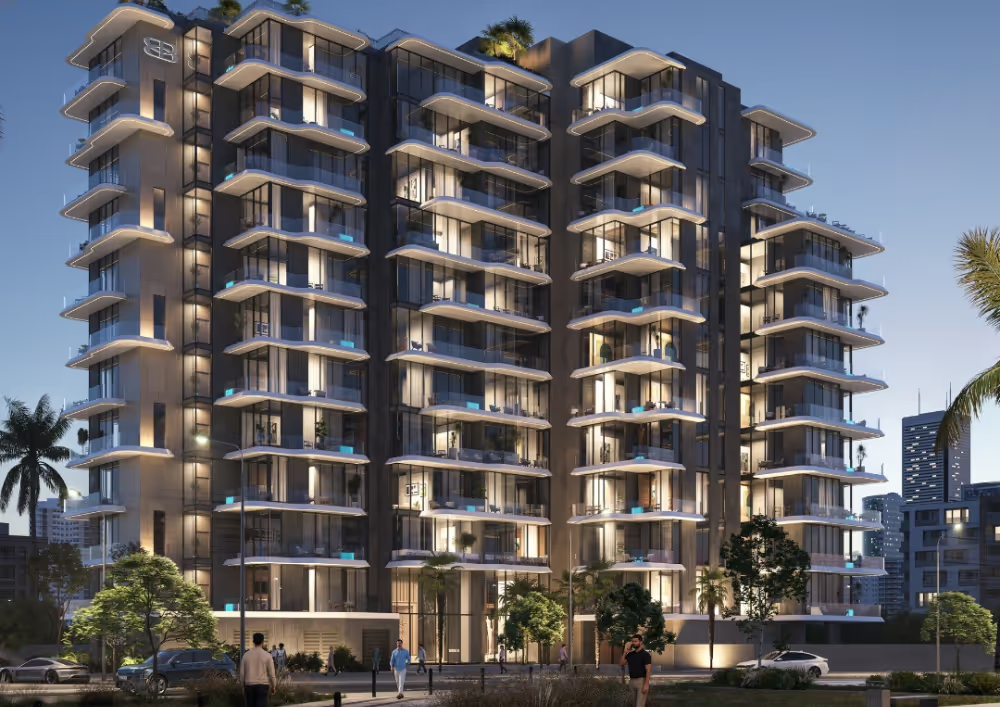Oqood System Dubai: Everything Buyers Must Know in 2025
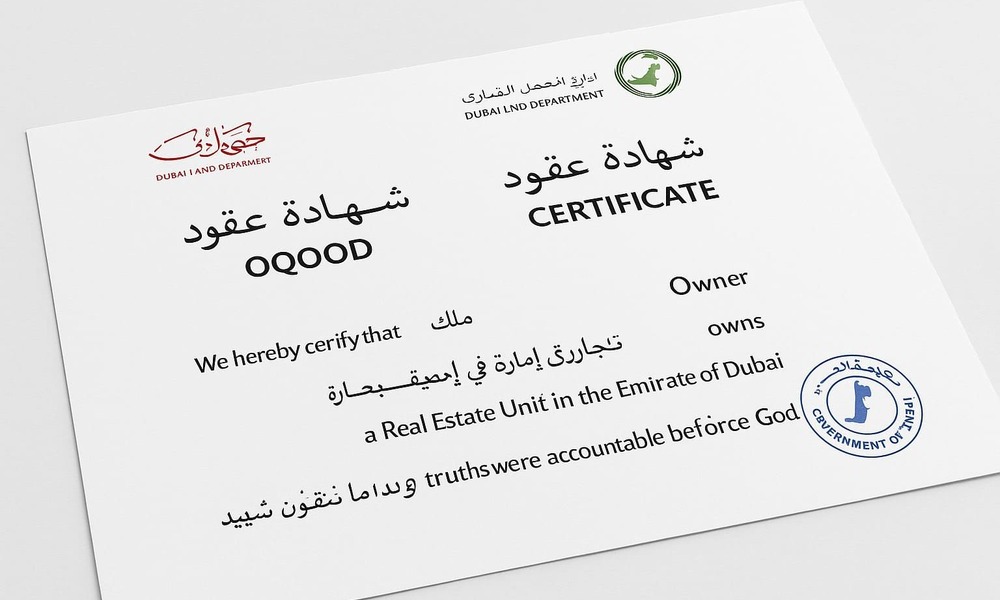
Why Understanding Oqood Matters
Dubai’s property market is globally renowned for its transparency and investor-friendly policies. A key part of this framework is the Oqood system — an interim registration process for off-plan properties that safeguards buyer rights until the project is complete. If you’re buying a property under construction in Dubai, Oqood isn’t just a formality; it’s your legal shield.
In this guide, we’ll explain what Oqood is, how it works, why it matters for buyers and investors, and how it differs from a Title Deed. We’ll also share common FAQs and practical tips to ensure you register correctly.
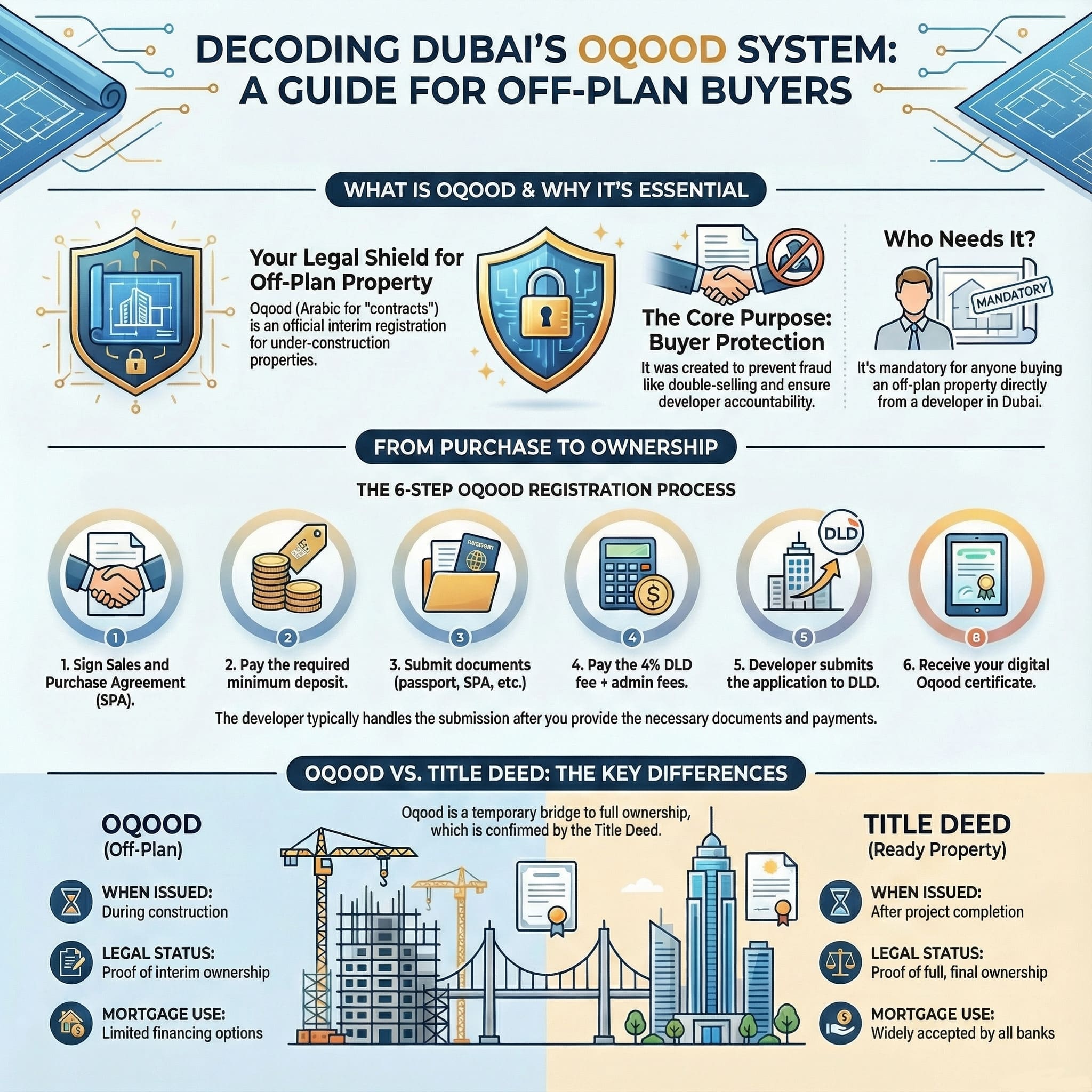
What is the Oqood System in Dubai?
Oqood (Arabic: عقود), which translates to “contracts,” is a digital registration issued by the Dubai Land Department (DLD) for off-plan or under-construction properties.
It is the first step in formalizing your ownership and guarantees your right to the property even before it’s completed. Once the project is handed over, Oqood is replaced with a Title Deed.
Key Takeaway:
Oqood acts as a legal bridge between purchase and final ownership, protecting buyers from fraudulent sales or double selling.
Why Was the Oqood System Introduced?
The system was launched to create transparency in off-plan sales and to protect buyers during construction phases. Before Oqood, disputes over double sales and project delays were common. Today, Oqood ensures:
- Legal protection for buyers
- Centralized record with DLD
- Transparency in payment schedules
- Developer accountability via escrow accounts
Who Needs Oqood Registration?
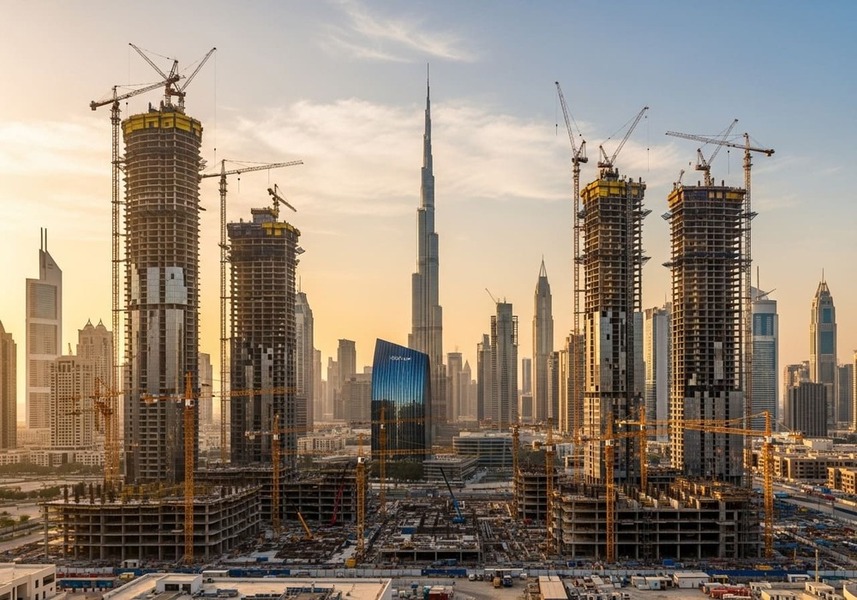
- Buyers of off-plan apartments or villas in Dubai
- Investors purchasing primary properties directly from developers
- Anyone seeking financing or selling before project completion
Note: Ready properties (secondary market) do not require Oqood — they directly receive a Title Deed.
Step-by-Step: How to Register Oqood in Dubai
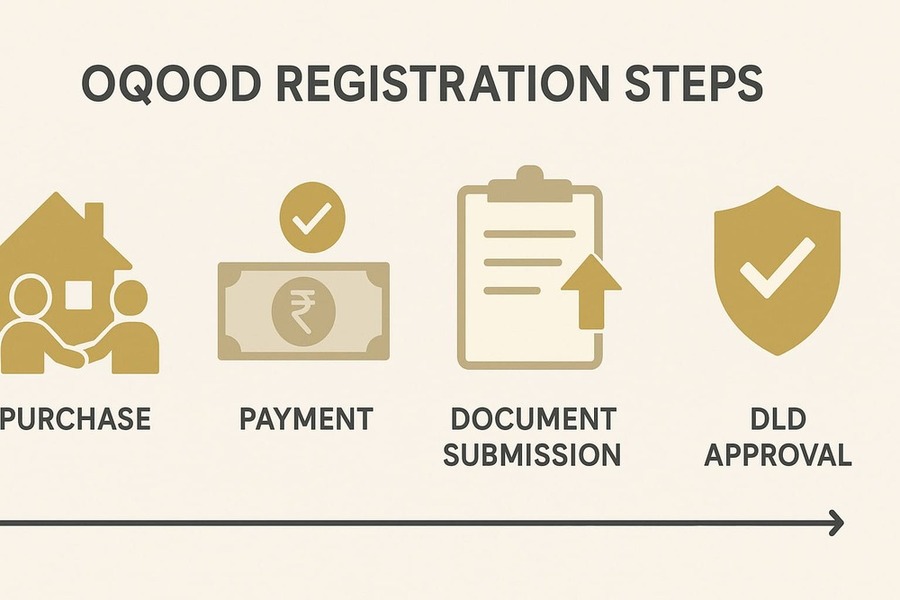
1. Purchase Agreement
Sign the Sales and Purchase Agreement (SPA) with the developer.
2. Minimum Payment
Pay at least 20–25% of the property value (varies by project).
3. Submit Documents
Passport copy, Emirates ID (if applicable), SPA, and payment receipts.
4. Pay Oqood Fee
4% of property value + AED 580 admin fee (as per DLD).
5. Developer Submits to DLD
The developer initiates the Oqood process via the Oqood portal.
6. Receive Oqood Certificate
Issued digitally, confirming your legal rights.
Using the Dubai Rest App
The Dubai REST App serves as a reliable digital platform for buyers to monitor and manage their Oqood registration for off-plan properties. Through the app, buyers can easily track registration status, verify the authenticity of their Oqood certificate, and access real-time updates on payment schedules and ownership details. This transparent system helps ensure that the off-plan property purchase is properly registered with the Dubai Land Department, giving buyers peace of mind throughout the construction phase. Its secure and user-friendly interface makes it a convenient tool for maintaining clarity and trust in property transactions.
The Role of the Developer
At the same time, the developer plays a critical role in the Oqood registration process. The developer is responsible for initiating the registration, uploading sale agreement details, and ensuring that all information submitted to the Dubai Land Department is accurate and complete. They must also provide buyers with essential documents such as the Oqood certificate and payment schedule, while coordinating closely with them to ensure a smooth process. By handling the registration fees and maintaining compliance, the developer helps safeguard the buyer’s interests and ensures the off-plan purchase is legally secure.
Oqood vs. Title Deed: Key Differences
Cost of Oqood Registration
- DLD fee: 4% of property price
- Admin fee: AED 580
- Escrow compliance: Ensures funds are secure until project milestones are met
Benefits of Oqood for Buyers
- Buyer Protection – Prevents double selling of units.
- Transparency – Registers your payment schedule with DLD.
- Mortgage Support – Enables partial financing options pre-handover.
- Investor Confidence – Facilitates resale of off-plan properties.
Challenges or Limitations
- Cannot fully mortgage until Title Deed is issued (few banks allow partial financing).
- Only applicable to off-plan properties; ready properties skip this step.
- Fees must be paid upfront.
How to Check Your Oqood Status Online?
- Visit the DLD Oqood portal
- Enter your transaction ID or property details
- Verify registration and payment history
Why Oqood is Critical for Foreign Buyers
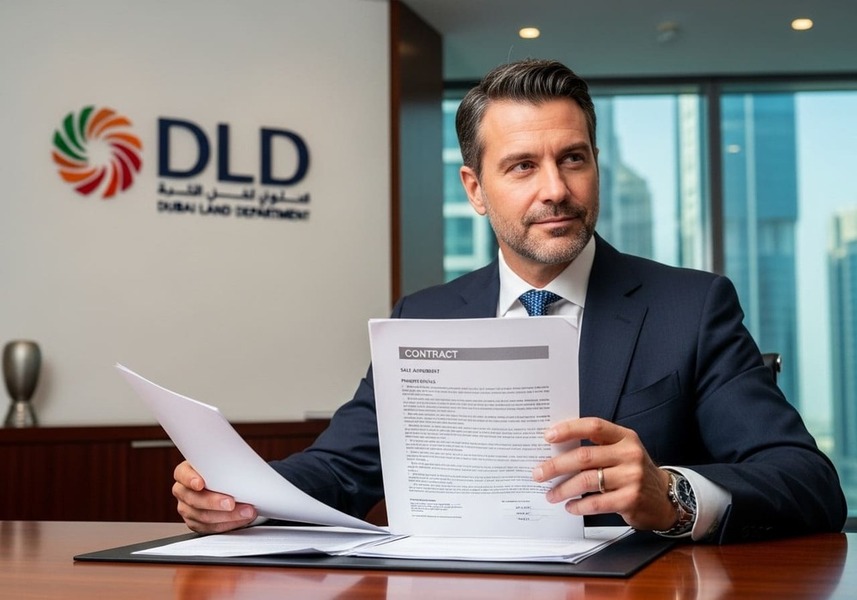
For international investors — including Indians, Europeans, and GCC nationals — Oqood ensures safe entry into Dubai’s off-plan market. It proves their purchase is officially recorded, enabling smoother visa processes and future resale.
Future of Oqood in Dubai’s Property Market
With Dubai’s off-plan sales soaring (accounting for 55%+ of transactions in 2025), Oqood will remain central to investor security and regulatory transparency. Upcoming enhancements may include blockchain integration for even faster verification.
FAQs
1. What is the Oqood system in Dubai and why is it important?
The Oqood system is an online platform by Dubai Land Department (DLD) for registering off-plan property transactions. It ensures transparency, protects buyers, and provides legal proof of purchase until the Title Deed is issued after project completion.
2. How is an Oqood different from a Title Deed in Dubai?
An Oqood serves as a provisional ownership document during construction, while a Title Deed is issued upon project completion, granting full legal ownership of the property.
3. Who needs to register their property in the Oqood system?
All buyers purchasing off-plan properties in Dubai must register their transactions through Oqood. This process is mandatory for both UAE residents and foreign investors.
4. How do I check or verify my Oqood registration status?
You can verify your Oqood registration via the Dubai Land Department’s official portal or mobile app by entering your transaction details or property reference number.
5. What are the fees for Oqood registration in Dubai?
Typically, Oqood registration fees are around 4% of the property value, plus a nominal admin charge. This may vary by developer or project, so always confirm the exact fee structure.
6. Can I sell or transfer an off-plan property with an Oqood?
Yes, you can resell or transfer your off-plan property using Oqood before completion, but the process must be done through DLD, and certain conditions (like payment milestones) may apply.
7. Is Oqood registration mandatory for foreign investors in Dubai?
Yes, Oqood registration is compulsory for all off-plan property transactions in Dubai, regardless of nationality, ensuring buyer rights are protected under UAE real estate laws.
8. How long does it take to convert an Oqood into a Title Deed?
The conversion happens at project handover after final payments and inspections are complete. Typically, this process takes a few weeks once the project receives completion certificates.
9. What documents are required for Oqood registration in Dubai?
Documents usually include the sales agreement, buyer’s passport/Emirates ID, and payment receipts. The developer submits these to DLD to complete the Oqood registration.
10. Why is Oqood essential for off-plan property buyers in Dubai?
It safeguards buyers during construction, prevents fraud, and ensures smooth transition to Title Deed ownership upon project completion—making it a key step in Dubai property investment.

